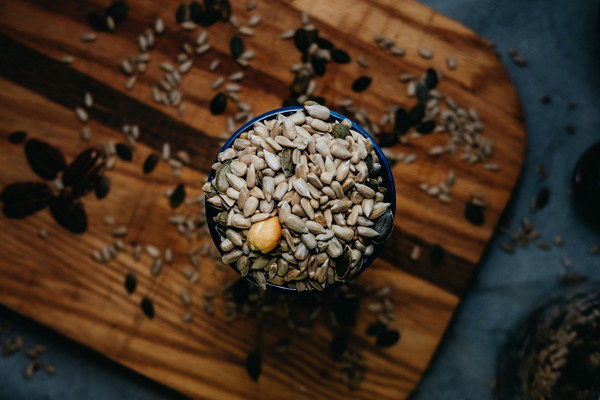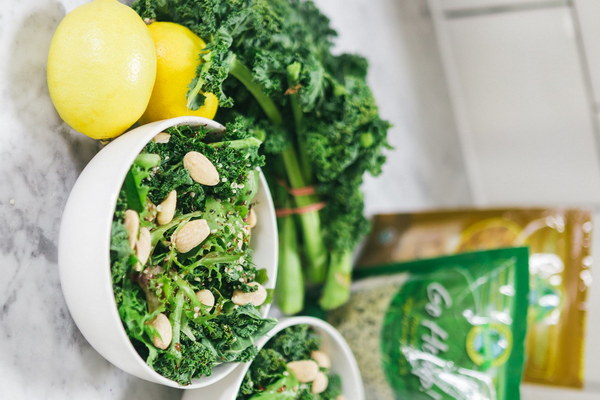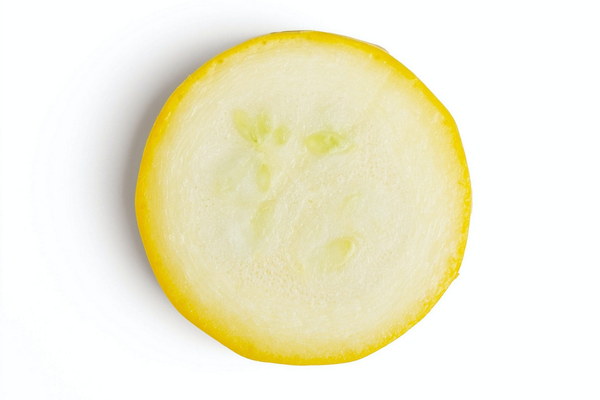Nurturing Your Liver A Comprehensive Guide to Liver Health and Wellness
The liver is an essential organ that plays a crucial role in maintaining our overall health and wellness. Known as the body's detoxifier, the liver filters harmful substances, produces bile, and metabolizes nutrients. However, due to poor diet, excessive alcohol consumption, and other factors, our liver can suffer from various health issues. In this article, we will delve into the importance of liver health and provide practical tips to nurture your liver for a healthier life.

1. Importance of Liver Health
The liver is responsible for several critical functions, including:
- Detoxification: The liver filters out toxins and waste products from the blood, preventing them from causing harm to the body.
- Metabolism: The liver helps in metabolizing nutrients, storing glucose, and producing cholesterol.
- Bile production: Bile is a substance produced by the liver that aids in the digestion and absorption of fats.
- Immune system support: The liver contains immune cells that help fight off infections and diseases.
Maintaining good liver health is essential for preventing liver diseases, such as hepatitis, fatty liver disease, and cirrhosis.
2. Foods That Nourish Your Liver
A balanced diet can significantly impact your liver health. Here are some liver-friendly foods:
- Leafy greens: Spinach, kale, and Swiss chard contain high levels of antioxidants, which help protect the liver from damage.
- cruciferous vegetables: Broccoli, cauliflower, and Brussels sprouts are rich in sulfur compounds that aid in the detoxification process.
- Citrus fruits: Oranges, grapefruits, and lemons are high in vitamin C, which helps support liver function.
- Berries: Blueberries, strawberries, and raspberries contain antioxidants and anti-inflammatory properties.
- Nuts and seeds: Almonds, walnuts, flaxseeds, and chia seeds are rich in healthy fats, vitamins, and minerals that support liver health.
3. Foods to Avoid
Certain foods can put extra strain on your liver and contribute to liver diseases. Here are some to avoid:
- Refined sugars: Excessive sugar intake can lead to fatty liver disease and other liver issues.
- Processed foods: These foods contain harmful trans fats, preservatives, and additives that can damage the liver.
- Alcohol: Excessive alcohol consumption is a leading cause of liver disease.
- High-fat foods: High-fat diets can lead to obesity, which is associated with fatty liver disease.
4. Lifestyle Tips for Liver Health
In addition to a healthy diet, adopting a healthy lifestyle can help keep your liver in good shape:
- Regular exercise: Physical activity can help reduce the risk of obesity, diabetes, and other conditions that may damage the liver.
- Avoid smoking: Smoking can lead to liver damage and increase the risk of liver cancer.
- Manage stress: Chronic stress can lead to increased inflammation in the body, including the liver.
- Get enough sleep: Adequate sleep is essential for maintaining liver function and overall health.
5. Regular Check-ups
Regular liver function tests can help detect liver diseases early. If you have risk factors for liver disease, such as a family history of liver problems or excessive alcohol consumption, it's crucial to get regular check-ups.
In conclusion, nurturing your liver is essential for maintaining overall health and preventing liver diseases. By adopting a healthy diet, avoiding harmful substances, and leading a healthy lifestyle, you can support your liver's functions and enjoy a healthier life. Remember to consult with a healthcare professional before making any significant changes to your diet or lifestyle.









